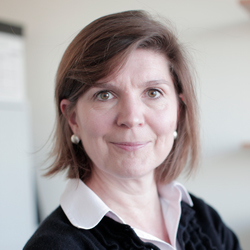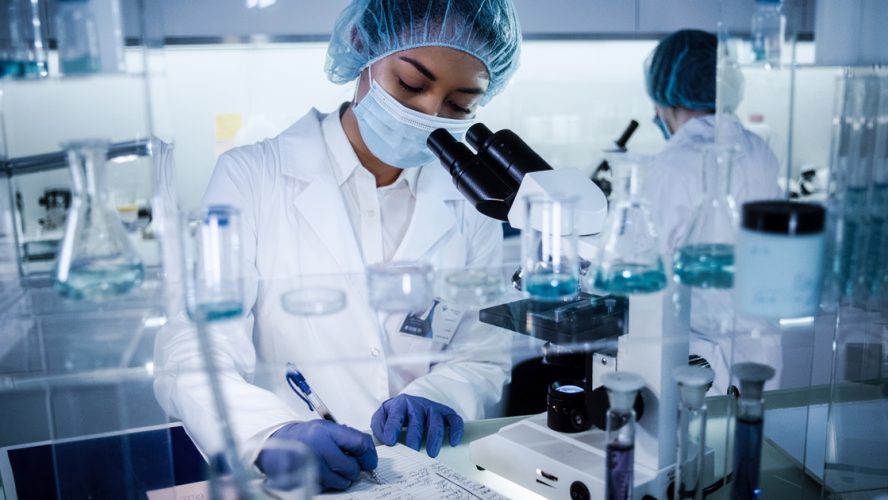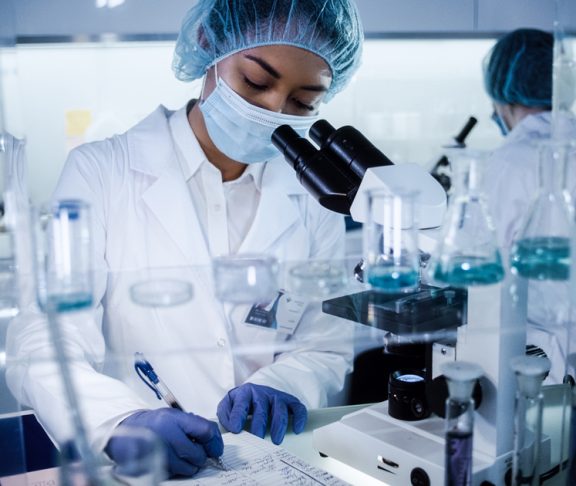
Professor Alison Holmes
President, ISID (International Society for Infectious Diseases)
The global pandemic has shown there is no use trying to control infectious diseases in isolation. Collaborative international expertise and trust will be vital in the years ahead.
After the catastrophe of the last year, is the world finally getting the message? To successfully fight infectious diseases, it’s not enough to have pockets of awareness and scientific expertise in certain countries. Stopping outbreaks before they start — or controlling them when they do — requires a truly global, joined up effort between specialists of all kinds.
“Approaches to research and interventions have to be collaborative and strong,” stresses Professor Alison Holmes, President of ISID (International Society for Infectious Diseases), an organisation supporting health professionals and bodies around the world in their work to prevent, investigate and manage infectious diseases and outbreaks. “Just look at the amount of international expertise, data-sharing and research collaboration needed to drive vaccine development. It proves this can’t been done in isolation.”
Stopping outbreaks before they start — or controlling them when they do — requires a truly global, joined up effort between specialists of all kinds.
The role that women play in this struggle must not be undervalued either. “There has to be diversity in global representation, including the representation of women, in medicine and research,” says Professor Holmes.
Trust will play a big part in infectious disease control
Excellent global disease detection and surveillance is critical, too. ISID’s Program for Monitoring Emerging Diseases (ProMED) is the leading innovative infectious disease surveillance network based on the One Health principle that human, animal and environmental health are inextricably linked. “ProMED was the first surveillance programme to discover what was going on in Wuhan,” says Professor Holmes. “It’s another powerful demonstration of international, collaborative expertise, with local and regional intelligence networks of highly trusted, knowledgeable people identifying and monitoring early signs of infectious disease.”
Professor Holmes is optimistic that there will be a new focus on infectious disease and their prevention and control going forward. “However, infectious disease programmes need support and investment,” she says. “I don’t just mean cash investment, vital though that is. There also needs to be sustained global capacity building in infectious disease expertise, because it’s crucial for our public health. There also needs to be a strong foundation of trust; trust between global research collaborators and trust between the public, the science community and policymakers. That could be harder to achieve.”


